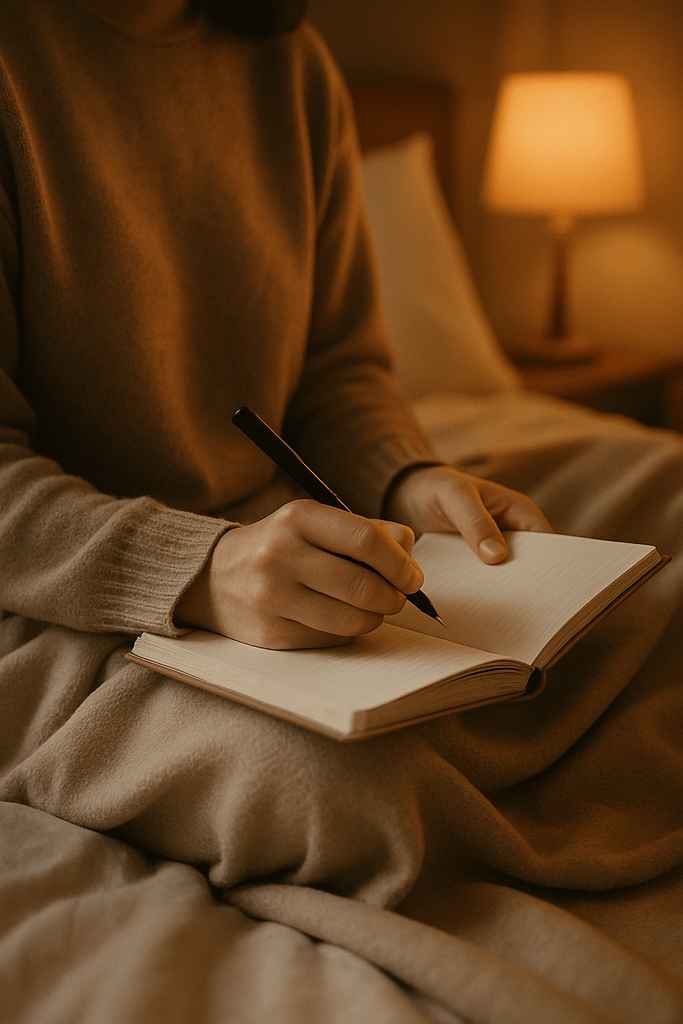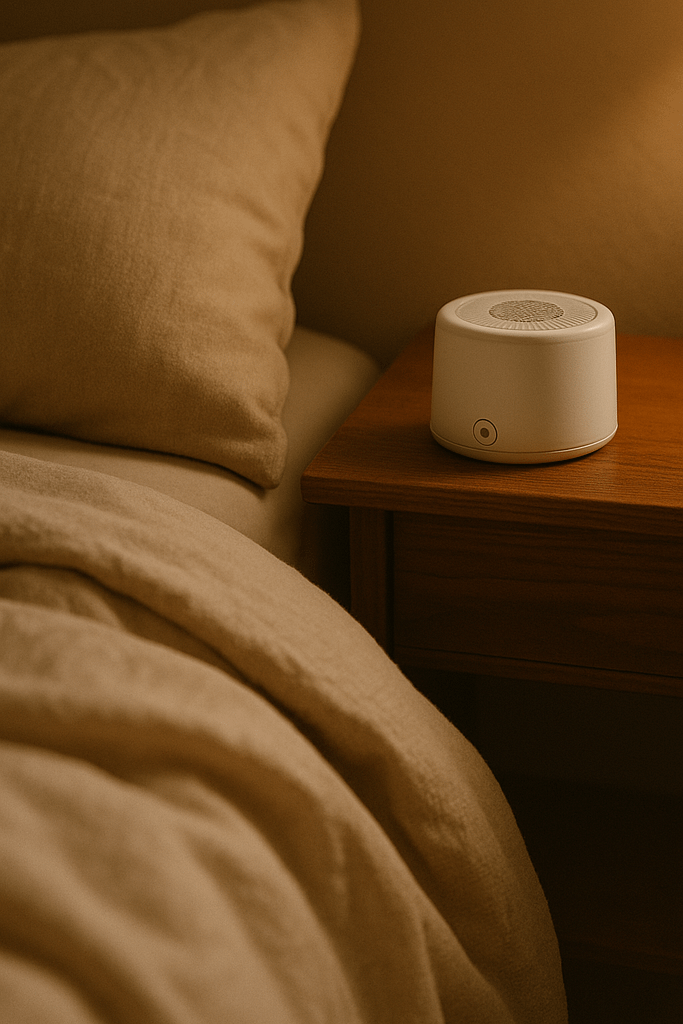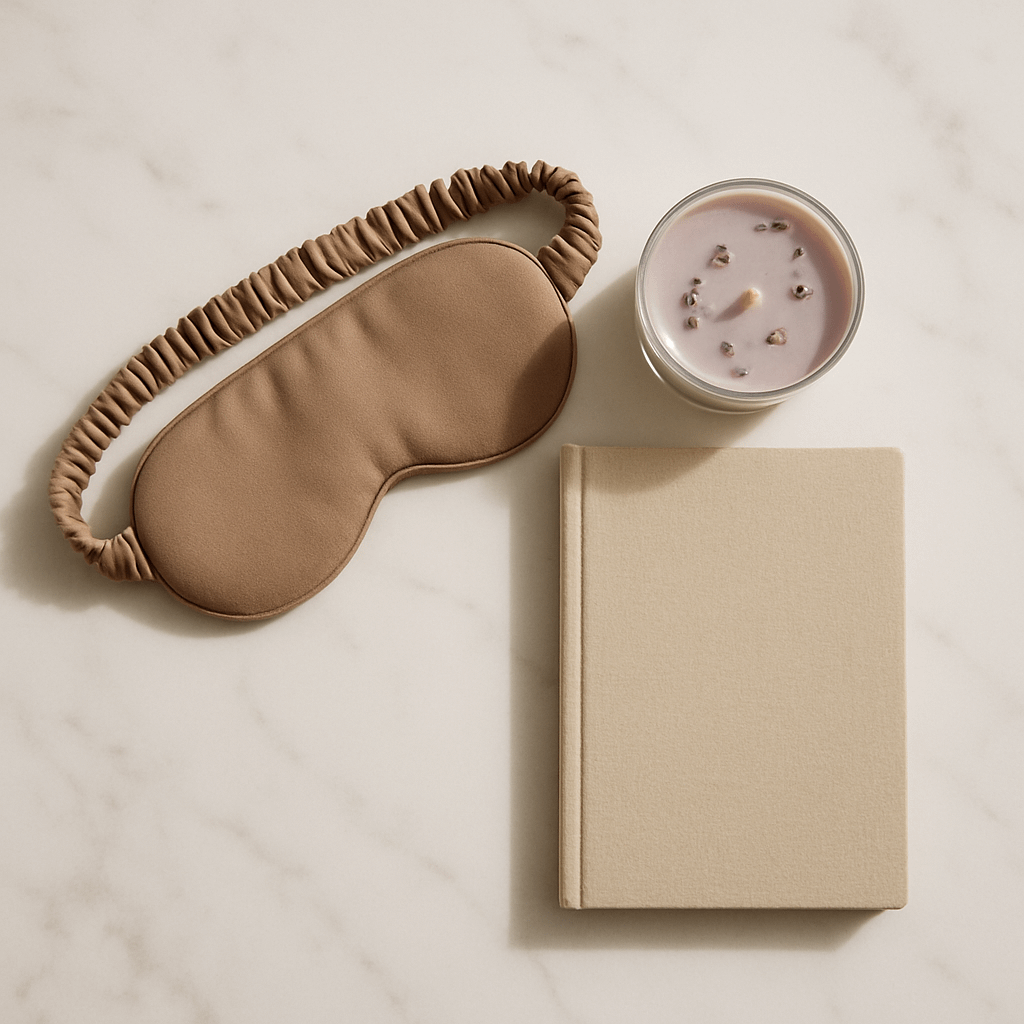Sleep isn’t just a luxury—it’s the foundation of your physical and mental health. Poor sleep can sap your energy, cloud your focus, and even increase stress. For busy professionals juggling long hours, optimizing sleep can feel like a distant goal. But with science-backed strategies, you can transform your rest, improve mental clarity, and feel energized daily. This guide dives into the neuroscience of sleep, debunks a common myth, and provides actionable steps to help you sleep better tonight.
What Is Sleep Optimization?
Sleep optimization means creating habits and environments that maximize the quality and quantity of your rest. It’s not just about getting eight hours—it’s about ensuring those hours are restorative. A 2020 study in Sleep Medicine Reviews (https://pubmed.ncbi.nlm.nih.gov/31952853/) found that high-quality sleep improves cognitive performance by up to 25% and reduces stress hormones like cortisol. Unlike trendy sleep hacks, optimization focuses on sustainable, evidence-based habits.
Myth Debunked: You Can “Catch Up” on Sleep
Think sleeping in on weekends fixes a week of late nights? Not quite. A 2019 study in Current Biology (https://pubmed.ncbi.nlm.nih.gov/30799222/) showed that “catch-up” sleep doesn’t fully restore cognitive or metabolic function after chronic sleep deprivation. Irregular sleep schedules can disrupt your circadian rhythm, leading to worse rest over time. Consistency, not cramming, is key.
Why Sleep Optimization Matters
Sleep powers everything from memory to immunity. A 2021 study in Nature Communications (https://www.nature.com/articles/s41467-021-24805-3) linked consistent sleep patterns to a 20% lower risk of cardiovascular disease. Poor sleep, meanwhile, increases inflammation and impairs decision-making, per a 2018 Journal of Neuroscience study (https://pubmed.ncbi.nlm.nih.gov/29432187/). For busy professionals, quality sleep can mean sharper focus during meetings and more resilience under pressure.
Anecdote: Priya, a 38-year-old marketing manager, used to stay up past midnight answering emails. She felt foggy and irritable by midweek. After adopting a consistent sleep schedule and cutting screen time before bed, she noticed better focus and less anxiety within two weeks. Small tweaks, big payoff.
The Science of Sleep: Understanding Your Brain
Your brain cycles through stages during sleep: light sleep, deep sleep, and REM (rapid eye movement). Deep sleep repairs your body, while REM strengthens memory and emotional resilience. A 2022 study in Frontiers in Neuroscience (https://www.frontiersin.org/articles/10.3389/fnins.2022.834833/full) found that adults who get adequate deep and REM sleep score higher on problem-solving tasks. Disruptions—like late-night caffeine or blue light from phones—can shorten these critical stages, leaving you groggy.
Your circadian rhythm, a 24-hour internal clock, also governs sleep. Light exposure, meal timing, and exercise influence this rhythm. A 2020 JAMA Neurology study (https://jamanetwork.com/journals/jamaneurology/article-abstract/2767719) showed that aligning daily habits with your circadian rhythm improves sleep quality and reduces daytime fatigue.
Anecdote: James, a 45-year-old consultant, struggled with insomnia after years of irregular travel. By dimming lights in the evening and eating dinner earlier, he fell asleep faster and woke up refreshed. His secret? Mimicking his body’s natural rhythms.
5 Actionable Tips to Optimize Your Sleep
- Stick to a Consistent Schedule: Go to bed and wake up at the same time daily, even on weekends. A 2017 Sleep study (https://pubmed.ncbi.nlm.nih.gov/28431120/) found that consistent sleepers have better mood and energy than those with irregular schedules.
- Create a Pre-Sleep Routine: Wind down with calming activities like reading or stretching 30 minutes before bed. Avoid screens, as blue light suppresses melatonin, per a 2019 study (https://pubmed.ncbi.nlm.nih.gov/30747710/).
- Optimize Your Sleep Environment: Keep your bedroom cool (60–67°F), dark, and quiet. A 2018 study in Journal of Sleep Research (https://pubmed.ncbi.nlm.nih.gov/29493035/) showed that a cooler room enhances deep sleep.
- Limit Caffeine and Alcohol: Stop caffeine 8 hours before bed and avoid alcohol close to bedtime. A 2020 study (https://pubmed.ncbi.nlm.nih.gov/32156230/) found that alcohol reduces REM sleep, even in small amounts.
- Move Your Body Early: Exercise, especially in the morning or afternoon, improves sleep quality. A 2021 Frontiers in Psychiatry study (https://www.frontiersin.org/articles/10.3389/fpsyt.2021.664499/full) showed that morning workouts sync your circadian rhythm better than evening ones.
Bonus Tips for Busy Professionals
- Time Your Meals: Eat dinner 3–4 hours before bed to avoid digestive issues that disrupt sleep, per a 2019 Nutrients study (https://pubmed.ncbi.nlm.nih.gov/31174324/).
- Try a “Brain Dump”: Write down tomorrow’s tasks before bed to reduce mental chatter. This technique, backed by a 2018 Journal of Experimental Psychology study (https://pubmed.ncbi.nlm.nih.gov/29172597/), calms the mind.
- Use White Noise: A fan or white noise machine can mask disruptive sounds. A 2020 study (https://pubmed.ncbi.nlm.nih.gov/32533382/) found white noise improves sleep in noisy environments.

Common Sleep Mistakes to Avoid
- Overusing Sleep Aids: Relying on pills can create dependency and reduce natural sleep quality, per a 2021 Sleep Medicine study (https://pubmed.ncbi.nlm.nih.gov/33546905/).
- Late-Night Work: Checking emails before bed increases stress and delays sleep onset, according to a 2018 study (https://pubmed.ncbi.nlm.nih.gov/29401315/).
- Ignoring Sleep Debt: Chronic sleep loss compounds over time, impairing focus and health. Address it with consistent habits, not one-off naps.

Ready to Sleep Better?
Start tonight with one change—like setting a consistent bedtime or dimming lights an hour earlier.
Shop Sleep Essentials on Amazon (https://www.amazon.com/?tag=fitwisepro-20)
Disclosure: This page contains affiliate links. If you purchase through these links, we may earn a small commission at no extra cost to you.
Read more
- Optimize Your Sleep: Science-Backed Guide for Better Rest
- The Ultimate Guide to Clean Eating: Science-Backed Nutrition Made SImple
- Science-Backed Morning Routine for Mental Clarity & Energy
- Science-Backed Foods to Beat Fatigue & Boost Energy
- The 6 Forgotten Fitness Habits That Build Real Strength & Longevity


